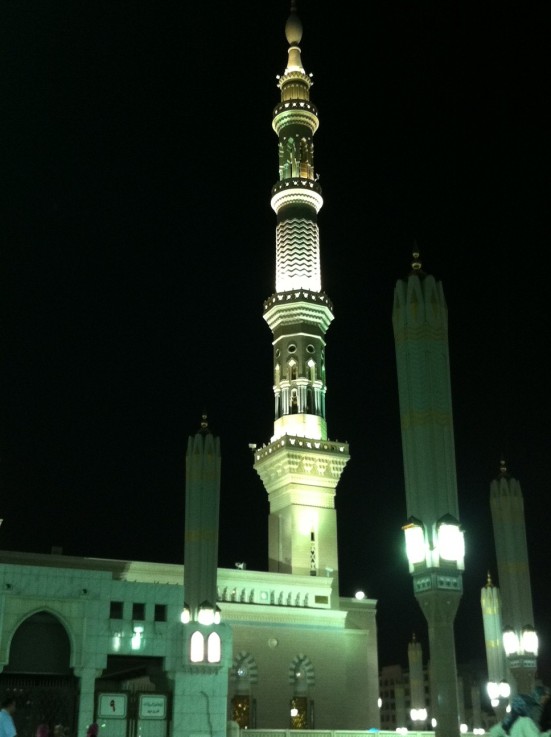Each time I open the door to leave my apartment, I recite three poignant yet simple Islamic phrases in a subtle whisper that’s only audible to me.
“Bismillah,” Arabic for “In the name of God,” I say in a quick breath as I rotate the lock to the right and grasp the door knob. I continue with “Tawakkul ‘ala Allah, “I place my complete trust and reliance in God,” as I step into the hallway and gently close the door. And “Laa Hawla Wa Laa Quwwata Il-la Bil-laah,” or “There is neither might nor power except with Allah,” glides along my tongue as I turn the key fasten the lock until, by God’s will, I return.
It takes about seven seconds to recite these lines before dashing to the elevator to rush to work, run an errand, attend a social gathering or take a trip to a grocery store. The words are modest for the richness and tremendous power they encompass when reflected upon. They embody the essence of surrendering to God, which is what Islam is principally about.
In the basic definition, a Muslim is one who consciously lives in a state of presence with the Divine. When the prefix `mu’ is attached to a verb of four or more letters in Arabic grammar, it changes the meaning from the action to the doer of that action. For example, the Arabic word “to teach” is “darris,” and a teacher, the one performing the act of instruction, is the “mudarris.”
A Muslim, then, is one who performs “slim,” or “surrender.” When I discovered this simple grammatical rule six years ago while studying my mother tongue for the first time in an academic setting, it provoked an understanding inside of me. I realized that to truly be Muslim rather than simply label myself such, I needed to really experiencesurrender to the Divine, and that meant God should be the focal point of my consciousness.
At the time, I couldn’t have been further from this state of being. God rarely crossed my mind. While I believed the Divine existed, I would only turn to His/Her help when I was struggling to find a new job to escape clashes with a cantankerous boss I couldn’t see eye to eye with, or cope with a broken heart after a failed relationship, or pray for a loved one who had fallen ill or passed. Thoughts of the Almighty would flicker then quickly recede to the backburner of my mind once these desperations were resolved.
It dawned on me then that my faith lacked the depth and sincerity that comes when a human being is mindful enough to accept and be grateful for the blessings of life at all times, whether the circumstances are easy and difficult.
The Prophet Muhammad, peace and blessings be upon him, once described how“wonderful” a sincere believer’s circumstances are: If something good happens to her she expresses gratitude, and this is a blessing. When something negative occurs, she bears it with patience, and this too is a blessing.
Aspiring to draw nearer to this genuine form of Self Surrender, I started to infuse my daily routine with zikr – repeated acts of remembrance recited silently or aloud – until they became habitual.


